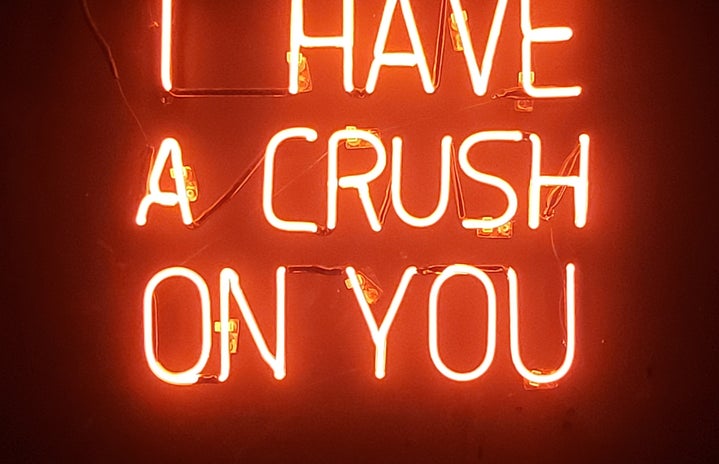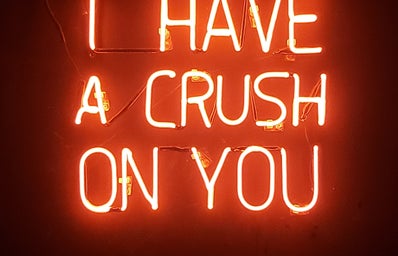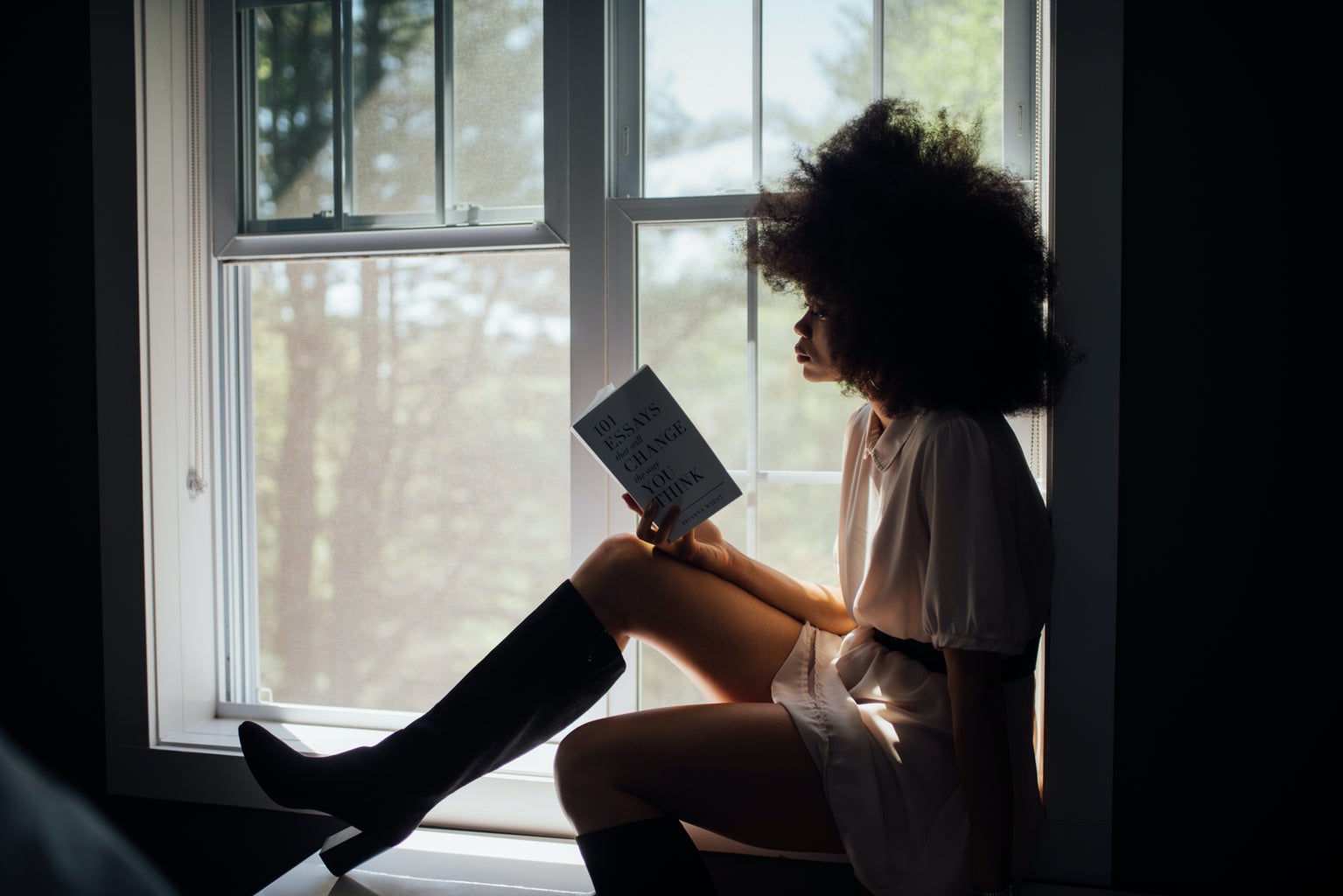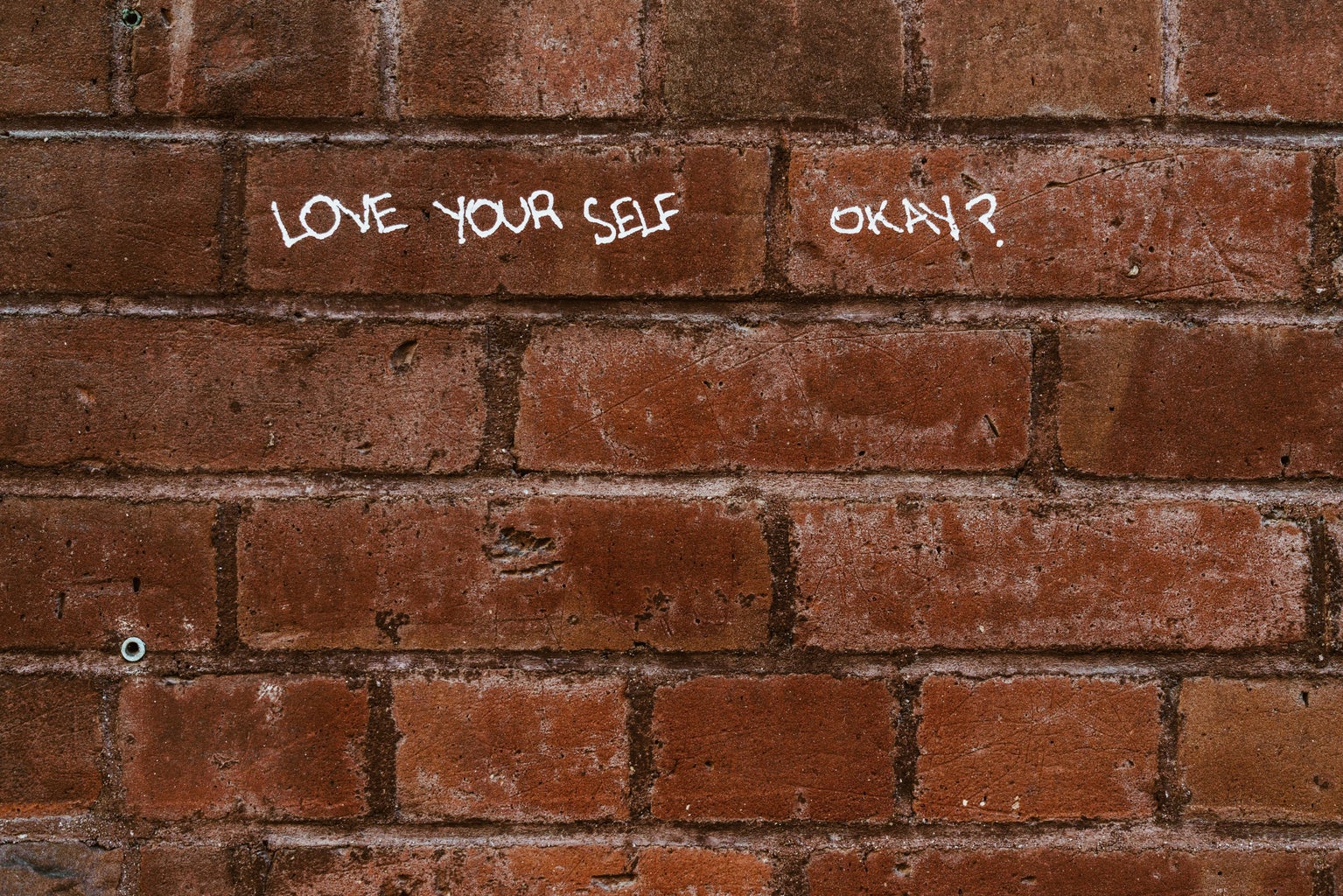Over the last two years, I’ve lived alone. I’m an out-of-state student, so I spent over two years online. I needed to know what it was like not living under my parents roof; I started with a roommate, and having someone else experience this new independence and freedom made it less scary. For personal reasons, my roommate moved out, and I had a frightening decision: do I keep living alone or move back home? I knew that if I ever wanted to move away from home for good, travel independently or feel confident in my ability to take care of myself and problem-solve, I needed to at least try living alone. So I did.
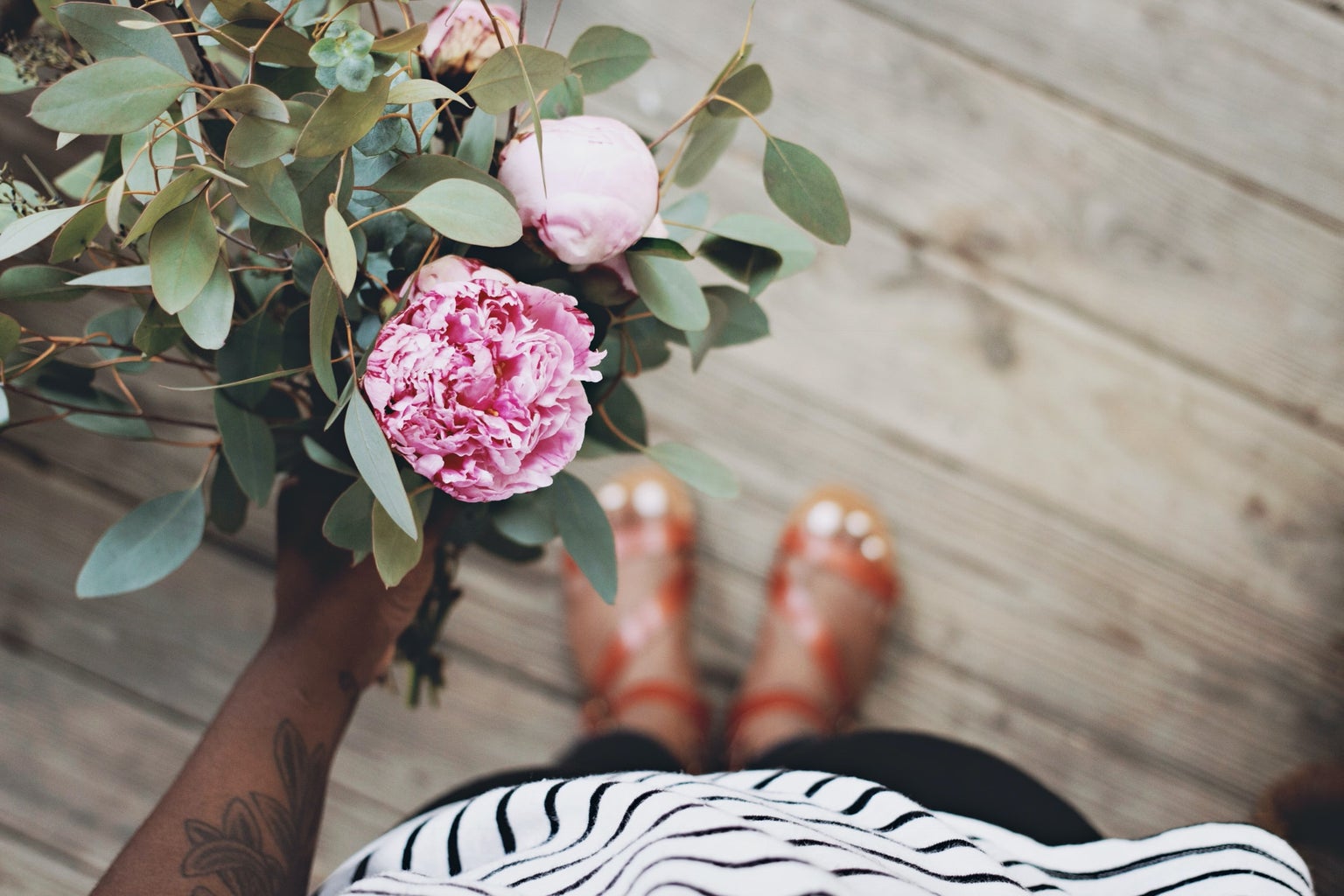
In an article by Business Insider, surveys and data collections were done to determine what people in their 20s deemed the most critical skills or going through life that weren’t taught in a classroom. In an always-online world, the highest-ranking skill people desire is “how to be present,” which isn’t surprising (Lebowitz, 2019). Having social media means we aren’t ever fully present, and it can impact our relationships with others and ourselves. Learning to put my phone down and take some time each day away from my phone and social media taught me to pay more attention to what made me happy and be a better friend when I was with people. I never wanted to put my phone down, but no one was coming to clean up my mess or run errands while I sat in a world built online. Now, I love being able to put my phone away.
Some other skills mentioned were being resilient, making a decision and accepting change. I’m still learning these skills, but I only started learning because of the time I spent alone. One of the participants from the Insider study says, “Life is full of challenges. The 20s are a great time to toughen up and start teaching yourself how to be emotionally and mentally resilient enough to weather both the joys and hardships to come” (Lebowitz, 2019). Challenging yourself isn’t always comfortable, but the rewards are worth the temporary discomfort. Having to make your own hard decisions with no input makes you evaluate the truth behind every decision, there are no excuses when it’s just you.
An article published by Lisa Dixon with BYU agrees with this sentiment. She says, “Healthy self-care involves an individual self-reflecting on his or her thoughts and feelings and taking time for introspection..” This is important because it “may help them avoid feeling overwhelmed, burnt out, and/or excessively fatigued by helping them recognize when they need a break from their stressors” (2020). Not only will spending time alone make you a better communicator of your own feelings, but it will give you time to rest and recharge so you can show up in all aspects of your life without mental or physical exhaustion. Accepting change and making hard decisions is a lot easier when you have boundaries set with yourself and others.
All of this boils down to learning to “self-date.” To me, this means learning to spend time without distractions, other people or social media as a protective shield to your thoughts, ideas and challenges. Initially, my biggest challenge was being alone in public, doing things like getting food and going to museums alone; anywhere people could see that I was intentionally not with people was nerve-racking. An article by Maria Del Russo from Refinery29 explains exactly how being alone should be. She says, “It was in that moment that I realized that being alone wasn’t something I could tolerate; it could actually be kind of nice” (2017).
Learning to be alone in your 20s isn’t about your ability to sit inside with yourself, but rather to sit outside in the world with yourself and be confident in the way you do it. No one cares what you look like or who you’re with, or not with in this case. Embracing my inner mysterious, independent, confident, “tv me” made me far more genuinely comfortable in all other aspects of my life.
